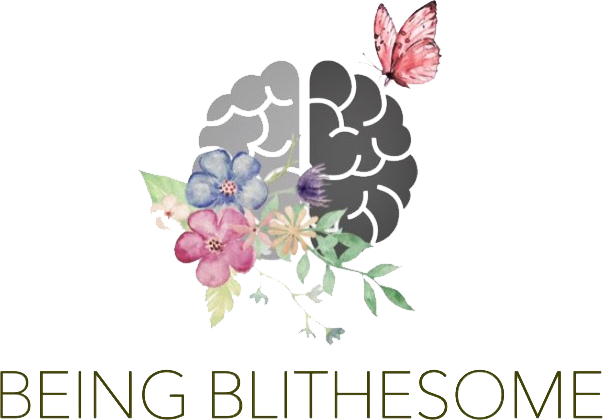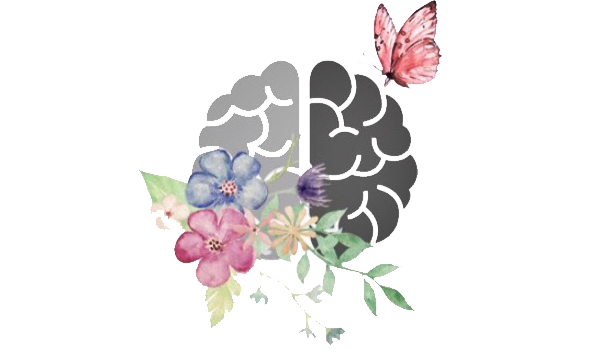Today living in the 21st century, there is a lot of help for people with mental illness and not
just that but emotional help as well. There are therapists, doctors, hotlines and many other
resources. Yet, many people tend live their lives ignoring the fact that they could be helped or could live happier. These people tend to have lived with depression, bipolar disorder, post-
traumatic stress disorder, relationship issues and various other illnesses. What’s the worse is that we know that by not reaching out for help or by delaying help, we are deliberately
making things worse for ourselves. On the other hand there are people who don’t even know
if they should seek help.
When should I seek help?
Seeking help is often a step forward, for getting and staying well. It is like the thought that
counts, as in once you think you should get help, half of the work is done then and there. But
it can be hard to know how to start or where to turn and it is totally common for one to
wonder such questions. All one needs to know is that it is ok to ask for help, even if you are
not sure of what exactly are experiencing a specific mental health problem.
Things that would help you understand when to seek help:
- if you are worrying more than usual
- if you are finding it hard to enjoy your life
- if you think you are over thinking and it has an impact on your daily routine
- if you are seeking for emotional support
So why don’t people get help?
Well, that is an interesting question as it has several different answers:
The main reason people don’t get help for mental illness is on the grounds that they are
scared. People are scared of their illness and they’re positively scared of help for that mental
illness. Truly, it’s a muddled bit of psychology, but in a nutshell – if one does not admit to the
mental illness, then it isn’t really there. It’s the head in the sand approach. It occurs with all
illnesses. Nobody wants to be sick so they deny it and simply hope for it to leave. Obviously,
mental illness does not tend to simply “leave” by itself.
People even tend to wonder that if they admit that they require help or if anyone finds out,
then what would they think of them or would judge them. What they fail to understand is that
“if we start bothering our minds over the fact about what would people say, then what is
actually left for them to do? for we are doing the same”. It is the other person’s job to judge
you and if you stop yourself from seeking help then it is your loss and not theirs.
Concludingly, it can be said that yes, it is difficult for one to reach out because of the social
norms, yet it is also important for one to understand, that their mental illness is theirs and not
anyone else’s and so they are the only ones to decide when to reach out, it is for their own
benefit and not anyone else’s.


